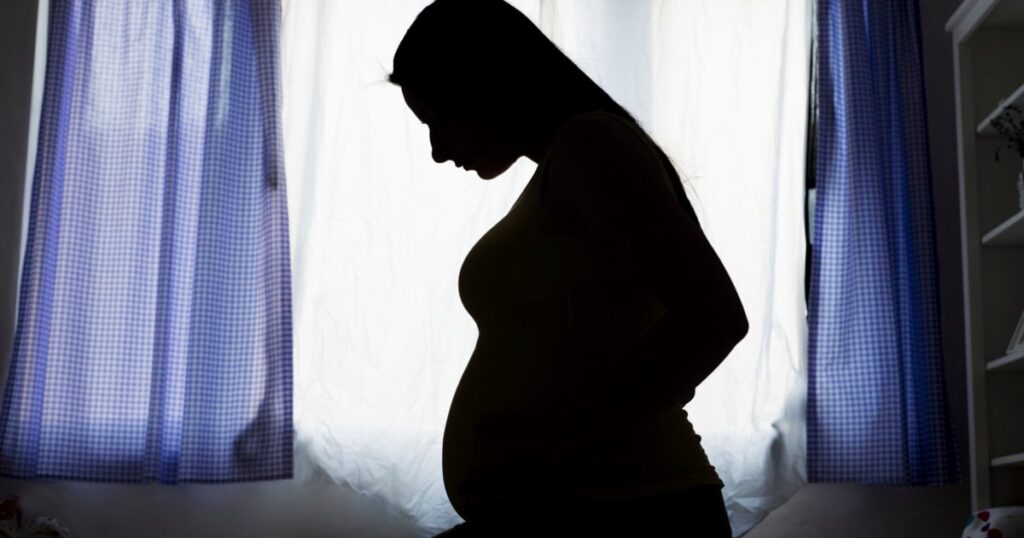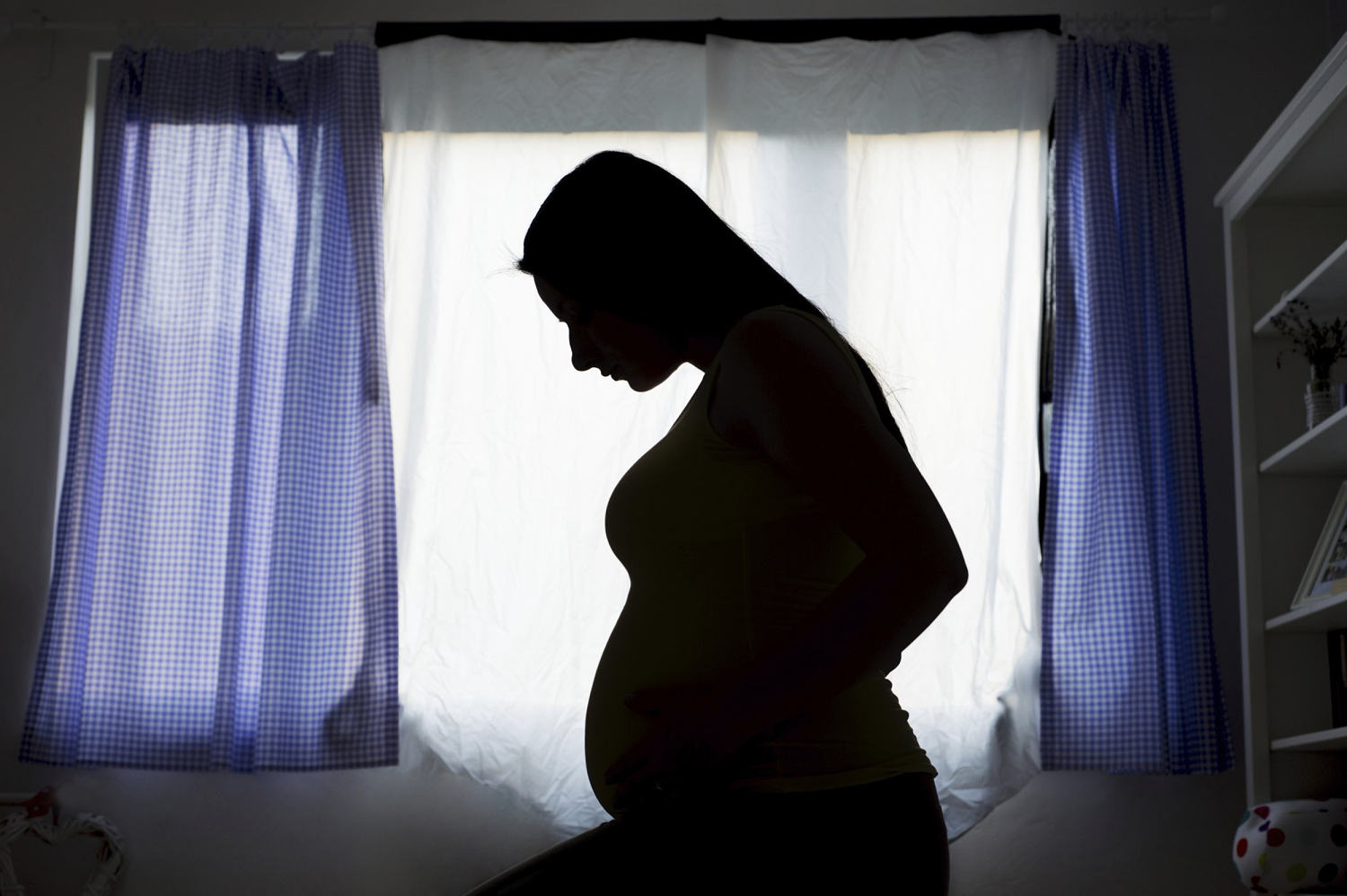

New research suggests fluoride exposure during pregnancy could be linked to neurobehavioral issues in kids. But even the study’s authors — who were prompted to examine the issue based on previous concerns about prenatal fluoride — say it’s too soon to stop adding the cavity-fighting mineral to drinking water.
The new study found that women who had higher levels of fluoride during pregnancy reported later that their kids were more likely to have temper tantrums, complain of vague headaches and stomachaches and show other neurobehavioral symptoms by age 3.
The study, the first of its kind in the U.S., comes as a growing number of cities are opting to ban fluoride in public water systems.
“I don’t think we’re at the point where we are saying that water should not be fluoridated. It’s generally considered one of the biggest public health wins, certainly for the dental community,” said study author Tracy Bastain, an associate professor of clinical population and public health sciences at the Keck School of Medicine of the University of Southern California.
“But our results do give me pause,” Bastain said. “Pregnant individuals should probably be drinking filtered water.”
The study, published Monday in JAMA Network Open, analyzed urine samples taken from 229 women during their third trimester of pregnancy. Study participants were predominantly Hispanic women living in Los Angeles and were part of ongoing research from USC’s MADRES Center for Environmental Health Disparities. The center works to understand how a variety of toxins and other environmental hazards affect low-income and other marginalized communities.
For the new study, researchers asked the moms to fill out a checklist to assess their children’s emotional and behavioral health at age 3.
Kids whose mothers had higher levels of fluoride in their urine were 83% more likely to exhibit a range of neurobehavioral issues, including anxiety, emotional reactivity and physical complaints, such as unexplained headaches and stomachaches, according to the forms the mothers had completed.
The forms also included questions about symptoms that may be associated with autism spectrum disorder, such as a tendency not to make eye contact.
While the kids whose moms had higher levels of fluoride had greater odds of showing behavioral symptoms, according to the study, Bastain strongly cautioned against interpreting the findings as anything more than a possible association.
“It certainly doesn’t mean that the child has autism. We don’t even have autism diagnosis information” for the children in the study, she said.
The National Institutes of Health and the Environmental Protection Agency funded the USC study.
Bastain said the research team wanted to look specifically at the potential effects of fluoride on childhood development because of concerns raised by other scientists.
A 2019 study published in JAMA Pediatrics, for example, found that IQ levels were slightly lower in 3- and 4-year-old children whose mothers had higher measures of fluoride in their urine when they were pregnant.
Dr. Mark Moss, division director of public health dentistry at the East Carolina University School of Dental Medicine in Greenville, North Carolina, expected the findings to “cause a stir” but urged caution.
“This is something that deserves a further look,” said Moss, who was not involved in the new study. “But in terms of public health practice, no, this doesn’t rise to the level of hitting the pause button” on fluoridation.
Neurobehavioral symptoms identified by the moms in the study did not necessarily meet the level of clinical diagnosis.
“To say that there was an increase in odds for something that is borderline subclinical, it’s hard to say that this now warrants a reconsideration of public health,” said Dr. Nathaniel DeNicola, an OB-GYN in private practice in Yorba Linda, California.
Still, DeNicola, who hosts a podcast about possible effects of environmental toxins on pregnancy health, recommends that his pregnant patients use water filters to remove other potentially harmful chemicals, like pesticides. He was not involved in the new research.
One strength of the study, DeNicola said, is that the authors made an attempt to account for lead exposure, which is well known to cause neurodevelopmental problems in kids. But lead levels were only measured during the first trimester of pregnancy and didn’t correspond with the timing of the fluoride samples.
The study had several flaws.
The researchers couldn’t say whether the women in the study drank fluoridated water. The MADRES study may not apply to other populations or areas of the country. And researchers did not test fluoride levels in the kids themselves.
Experts not associated with the new study said that a single urine sample taken once during pregnancy is hardly a reliable indication of true fluoride exposure. Bastain acknowledged that samples taken over a 24-hour period would have been “a little more ideal.”
“If researchers truly want to study fluoride intakes and health effects, a robust study must be undertaken in areas of naturally fluoridated water from low concentrations and higher concentrations,” said Dr. Johnny Johnson, a pediatric dentist and president of the American Fluoridation Society. “Areas like this exist in the U.S. and can easily be done to investigate any health effects whatsoever.”
 Tops Top News Online Real News Portal
Tops Top News Online Real News Portal



